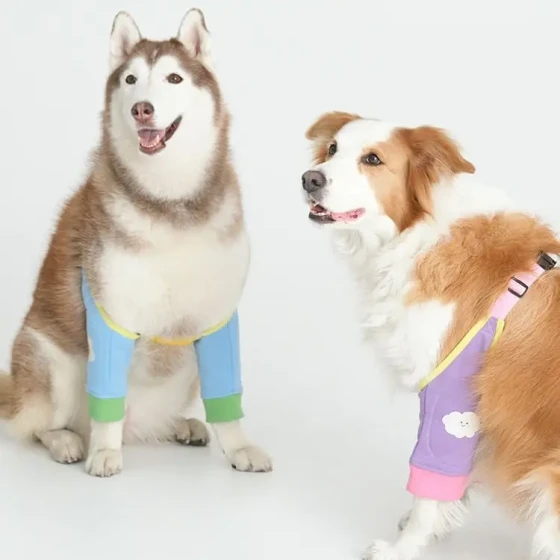Introduction to Doberman Training Methods

The Doberman is a military and police dog originally from Germany, often serving as a guard dog. So how to train a Doberman? Below is an introduction to Doberman training methods for your reference!
1. Introduction to the Doberman
The Doberman is a strong and powerful breed mainly used for guard work. After training, it can become a search dog, hunting dog, or shepherd dog. Its temperament is brave, sensitive, decisive, and prone to biting. The Doberman is a natural guard dog—intelligent, strong, and capable of attacking. With strict management by the owner, it can become a loyal and affectionate companion.
The Doberman's build and appearance give the first impression of being very strict and intimidating to approach. In the early days, many Dobermans were trained as military and police dogs to defend the homeland. They work very seriously and decisively.
2. How to Train a Doberman?
Dobermans are naturally courageous and very loyal to their owners. They also have a high degree of obedience, so training does not require excessive effort. However, easy training does not mean we can relax; we must maintain a serious attitude and be strict when necessary without being lenient.
3. Introduction to Doberman Training Methods
First, during Doberman training, the owner needs to give the dog plenty of affection and focus on communication to strengthen the bond between dog and person. The owner can provide a pat and praise after the dog completes training to let the Doberman feel your care and support. These actions not only bring the dog closer but also make it feel safe.
Second, although it is emphasized to give dogs enough care and love during training, they should never be spoiled without rules. Dobermans living in a family setting should be subject to rules during training and not allowed to act arbitrarily. Therefore, when the dog misbehaves on purpose, the owner must firmly criticize and educate it to correct bad behaviors and prevent more trouble at home.
When training a Doberman, special attention should be paid to not just use the method of having the dog complete an action followed by a reward. Instead, the owner’s will, through petting or praising, should be used. For the dog, food and toys cannot replace the owner's care and attention. The owner should train the Doberman to efficiently and quickly complete training without food rewards and establish conditioned reflexes in a short time to master the content.
Training requires clear rewards and punishments, but we should not rely solely on food as a reward. This may cause the dog to complete training just for food, which greatly affects training results. We should try to reward the dog mainly with encouraging petting.
As a family member, Dobermans require strict training from a young age since they are a fierce breed. Their temperament changes as they age. Therefore, the training process during raising must not be neglected.





